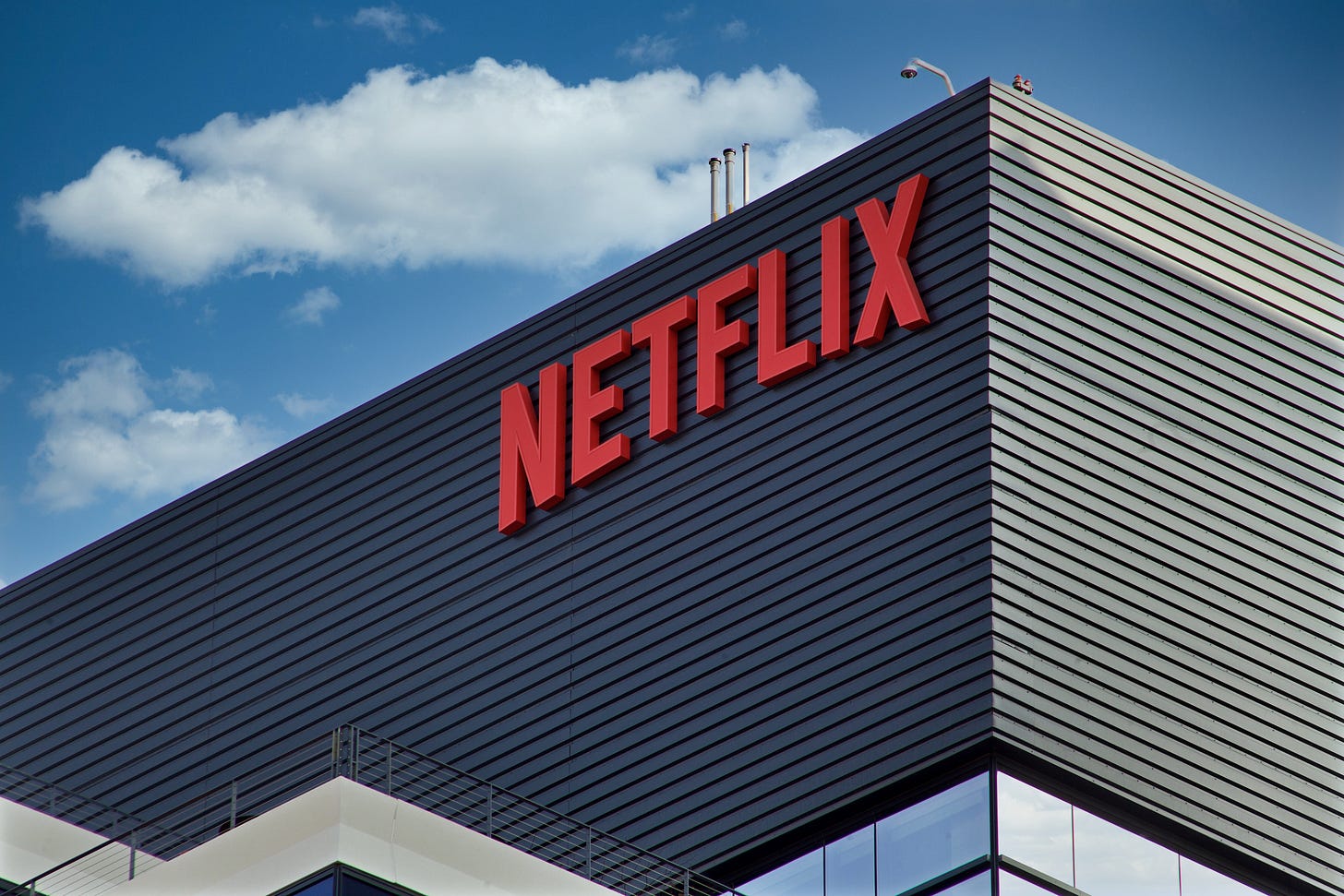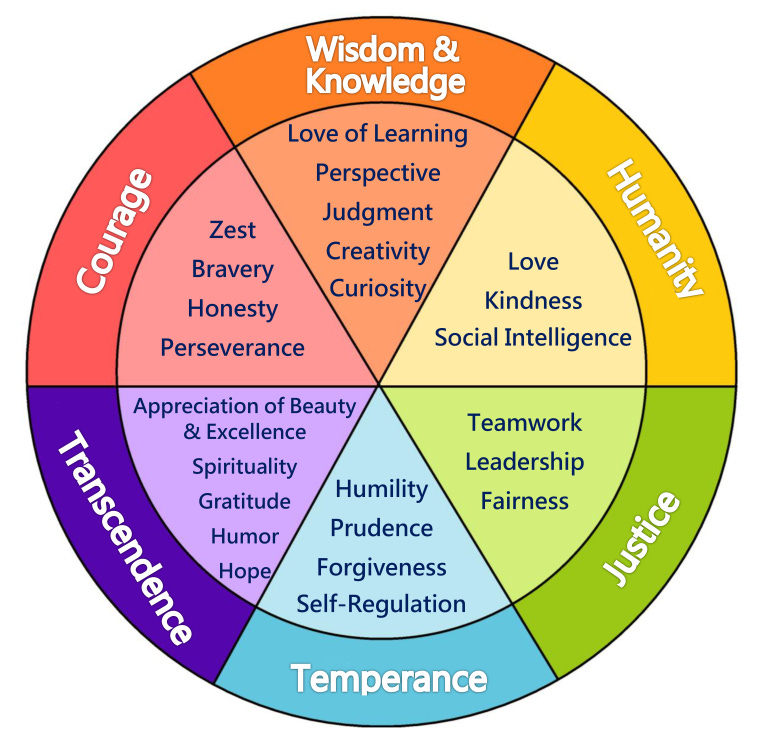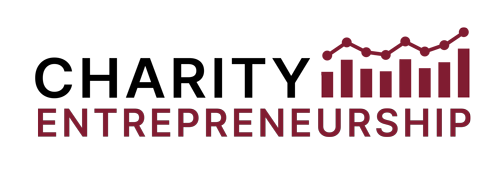How to build – and live – an organisational culture you love
How positive psychology can help us identify our core organisational values and what we can learn from Netflix’s culture
“Culture is the organisation’s immune system.” — Michael Watkins
Organisational culture is one of these fuzzy buzzwords that everyone uses, few understand, and even fewer genuinely prioritise. When looking at the definition of culture I think it gets clear why. Culture can be defined as “the ideas, customs, and social behaviour of a particular people or society”. To me this sounds like another list of buzzwords that can easily be spoken about, yet hardly acted upon. At the same time, culture – whatever it means – is undeniably important. Globally, 40% of employees list organisational culture as a top priority for job selection. It is also one of those things that once broken, like a broken immune system, cannot be easily (or at all) fixed.
In this post I want to explore what culture means more concretely, drawing on Netflix’s success story. I will also reflect on how positive psychology can help us define our core organisational values, and why thinking about trade-offs and value conflicts is critical to making our culture actionable.
“Organisational culture is the sum of values and rituals which serve as ‘glue’ to integrate the members of the organization.” — Richard Perrin
Perrin’s quote is close to the formal definition of culture. An important feature that emerges from his definition is that in the long run, you will attract people who align with your culture. If you are setting up an organisation, think about what kind of environment you would like to work in. You must feel aligned with the culture you are building.
I believe starting from “within” (as cheesy as it sounds) is a good starting point to building a culture you love: What are your core values? These are likely the values you would like to see in an organization.
Martin Seligman, the founder of positive psychology, developed a positive psychology framework, which he contrasted from the DSM (Diagnostic and Statistical Manual of Mental Disorders) typically used in psychology. Rather than focusing on fixing deficits and disorders, he believed focusing on our strengths is a powerful tool to enhance our well-being. Seligman defined 24 strengths that are based around six core strengths: Wisdom, Courage, Humanity, Transcendence, Justice, Moderation.
Each one of us has a unqiue strength profile. A fun way to get clarity upon yours is to do a strength character test. Here is a link to the official one.
Once you have identified your core values and reflected upon whether these are the values you want to build your organization upon, you need to start building the “glue”. A critical step for this is to write down your core values. As Reid Hoffman explains in “Masters of Scale”, you can’t speak of having an organisational culture before writing it down.
When choosing a co-founder and hiring employees, we should select for cultural growth: A co-founder/ employee should align with our core values whilst also being someone who can help grow our culture. This will help bridge the trade-off between cultural alignment and cognitive diversity. Whilst it is difficult to screen for cultural fit coming up with tailored questions is worth the effort. For instance, if you value honest feedback and directness, you could ask employees about a tough conversation they recently had.
“Culture is how organizations ‘do things’.” — Robbie Katanga
Writing down your core values and selecting your team accordingly is not enough – We must live our culture. For this, our culture needs to be actionable. We cannot always be loyal and honest. Kind and ambitious. Prudent and innovative. An actionable culture makes your priorities clear to guide you when making difficult choices. Netflix does a great job at this. Here you can read more about their culture. Erin Meyer, Professor at INSEAD, dives deep into Netflix’s culture in her book “No Rules, Rules”, co-authored with Netflix CEO Reid Hastings. You can discover her key insights here, in her podcast with Network Capital. Below are three core actionable features that are essential to Netflix’s success.
i) Focus on talent density
At Netflix “adequate performance gets a generous severance”. Netflix requires exceptional performance because they realise that bad and even mediocre performance scales quickly. Netflix recognises the trade-offs between kindness/ consideration for the individual and ambition/ group productivity, and actively chooses the latter (this doesn’t mean they aren’t also kind/ considerate, just that it’s not the top priority). Netflix’s saying “we are a team, not a family” underscores this point. To remain part of the team, each member must continuously deliver.
ii) Open candour
At Netflix, feedback is seen as a gift: If you have feedback for someone you think they could benefit from, it is seen as disloyal to the organization to withhold it. I personally greatly appreciate constructive feedback, but giving critical feedback to others can be difficult, and feel inconsiderate/ undiplomatic. Netflix facilitates giving feedback by emphasising feedback that is actionable and encouraging members to show appreciation once they receive feedback. They also specifically organize events to give feedback, such as their 360-degree feedback dinner. At the dinner, each employee takes a turn of receiving feedback from all other members. Whilst akward at first, this turns out to be a great developmental moment for most.
iii) Freedom and responsibility
Freedom and responsibility are at the core of Netflix’s culture. Netflix allows employees to take however much vacation they like, travel how they think is best, and have a very relaxed expense policy. This decision-making freedom is enabled through their focus on excellent employees and open candor – having selected the best employees who are held accountable through regular feedback, Netflix trusts them to make decisions that are best for the company. Because of this trust decision-making at Netflix is more of a tree than a pyramid: Rather than having the biggest decisions made by the CEO at the top of the pyramid, decisions are made by those with the most context over the situation – most likely not the CEO. The role of the CEO is to set the context for the company (lay the foundation at the bottom of the trunk) so that employees (who are closer to the details of a specific decision, representing individual branches of the tree) can make the decision themselves. This approach may at times clash with stability, order and perfection. Yet, it helps Netflix learn quickly, make difficult decisions and attract and keep the right talent.
4. Core Values I hope to build at Impact Drive
1. Curiosity: For me, curiosity is deeply tied to open-mindedness, humility, and a willingness to learn. This mindset is essential for us to learn from each other, build entrepreneurial projects and identify our highest-impact opportunities.
2. Kindness: I think kindness lays the foundation for every high-trust community. For us to trust each other and openly collaborate, we must show that we care for and respect each other.
3. Drive: Without drive, our dream to build something for ourselves and the world will stay that, a dream. Being ambitious, determined, and hard-working (within bounds), is therefore critical.
Key take-aways
Culture is one of the most ambiguous but critical components of any organisation: Make it a priority from the start and keep it a priority
Positive psychology can help us define our core organisations values. Writing them down is the first step to attracting like-minded people.
To be actionable, our culture must actively confront challenges and trade-offs. Netflix does a great job at this.
Thank you for reading and all the best,
Caroline
Opportunity to join Charity Entrepreneurship’s incubation program in 2024
Charity Entrepreneurship is like Y-combinator for charities. And you don’t even need your own idea to join. Charity Entrepreneurship identifies highly impactful charity opportunities and is looking for founders to turn these into reality.
Over their two-month cost-covered incubation program, you will be equipped with the skills needed to succeed as a charity entrepreneur. And through their partnership network, you are eligible for seed funding of up to $200,000.
If you align with the values at Impact Drive, you will likely thrive at Charity Entrepreneurship.
You can take this quiz to see if you are a good fit for charity entrepreneurship.
Applications to Charity Entrepreneurship are open until the 30th of September. You can apply here.
Sources and further resources
Capital, N. (2020, October). No Rules Rules - Podcast with INSEAD Prof. Erin Meyer. Network Capital. https://www.networkcapital.tv/course/no-rules-rules-podcast-with-insead-prof-erin-meyer
Charity Entrepreneurship. (n.d.). CE. Retrieved August 7, 2023, from https://www.charityentrepreneurship.com
Hoffman, R. (2021). Masters of Scale. Random House Usa.
Login | VIA Institute. (2020). Viacharacter.org. https://www.viacharacter.org/survey/surveys/takesurvey
Netflix. (2023). Netflix Culture — Seeking Excellence. Netflix; jobs.netflix.com. https://jobs.netflix.com/culture
Oxford Dictionary. (2023). Oxford Languages. Oxford Languages; Oxford University Press. https://languages.oup.com/google-dictionary-en/
The Reinvention of Company Culture 2022 Global Talent Trends. (2021). https://business.linkedin.com/content/dam/me/business/en-us/talent-solutions-lodestone/body/pdf/global_talent_trends_2022.pdf
Watkins, M. D. (2013, May 15). What Is Organizational Culture? And Why Should We Care? Harvard Business Review. https://hbr.org/2013/05/what-is-organizational-culture
Wikipedia Contributors. (2019, March 27). Martin Seligman. Wikipedia; Wikimedia Foundation. https://en.wikipedia.org/wiki/Martin_Seligman
Wikipedia Contributors. (2023, June 14). Values in Action Inventory of Strengths. Wikipedia. https://en.wikipedia.org/wiki/Values_in_Action_Inventory_of_Strengths#Character_Strengths_and_Virtues
正向教育研究室 Positive Education Laboratory. (n.d.). Www.cityu.edu.hk. Retrieved August 7, 2023, from https://www.cityu.edu.hk/ss_posed/content.aspx?lang=en&title=12





